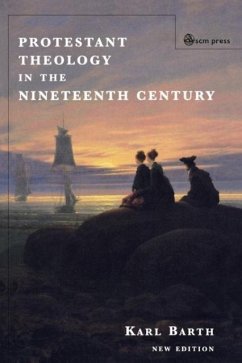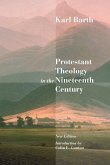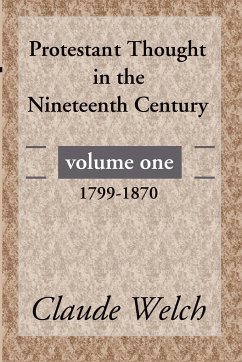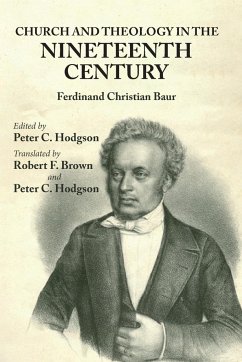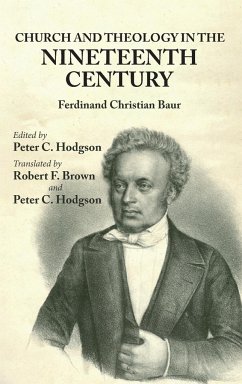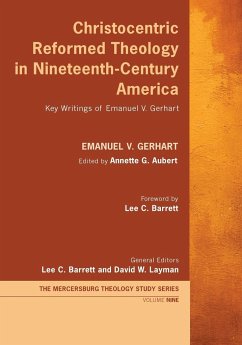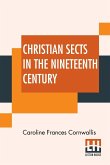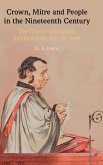Interest in Karl Barth is running at unprecedented levels in the English-speaking world, and it is high time that his excellent survey volume of formative eighteenth and nineteenth-century thinkers (first published in English by SCM Press) was once again made available to theological students and readers. With a comprehensive and extensive new introduction by Colin Gunton, in which the volume is recontextualised, the book can be used as a set text for courses in the history of Christian thought and doctrine as well as supplementary reading for students of continental intellectual history. All the mist significant figures are here, in addition to several lesser known thinkers, with the translations of Barth's major essay 'On the Task of a History of Modern Protestant Theology' and his original German preface of 1946 also included. 'Nobody but Karl Barth could have written this book. It has his footprints all over it: the rhetorical style, the humour, the sheer volume of writing. It is above all an exercise in the history of ideas which is yet resolutely theological; in otherwords it is historical theology in the best sense, a history of theology which uses theological criteria for all the varied judgements that it make.' From the Introduction

